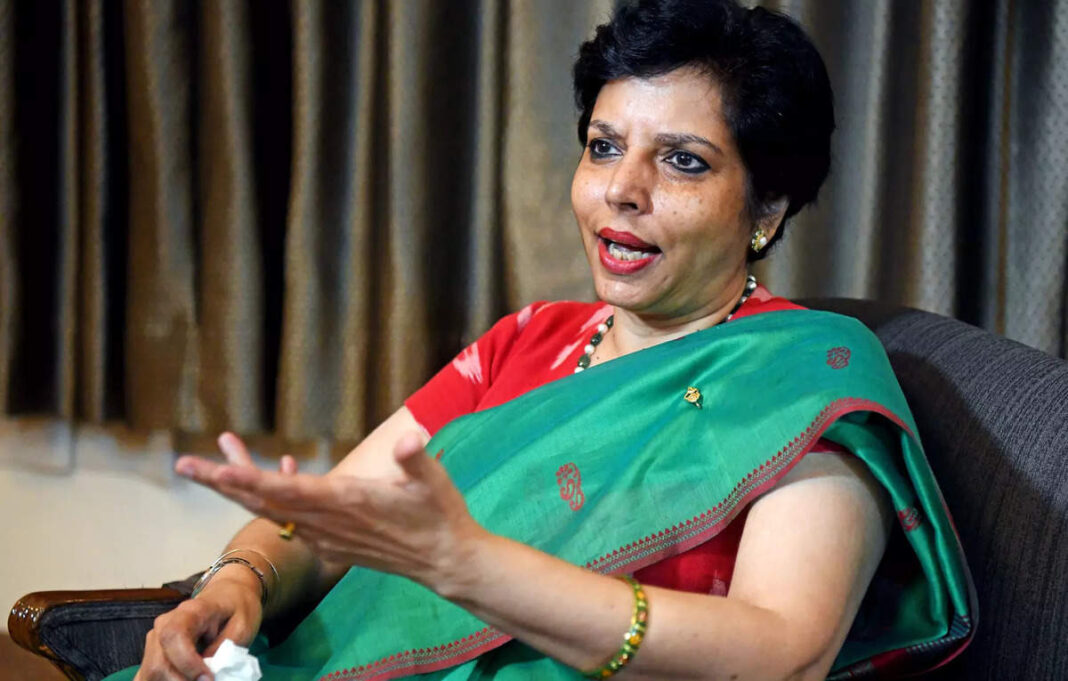Former Supreme Court judge Justice Hima Kohli has stressed the importance of judicial restraint in arbitration and advocated for reforms that do not rely heavily on frequent amendments to arbitration laws.
Justice Kohli was speaking at the third ‘Arbitrate in India Conclave,’ hosted by the Indian Dispute Resolution Centre (IDRC), in collaboration with the Bar Council of India’s Indian Institute of Law Education and Research (IIULER) and the Vienna International Arbitral Centre (VIAC) on December 3.
The event also celebrated IDRC’s fourth anniversary as a premier arbitration institution in India and the Asia-Pacific region.
“Reforms must be thoughtful and strategic to reduce prolonged litigation and enhance judicial efficiency,” Justice Kohli said.
Arbitration is a legal process where a neutral third party resolves a dispute between two parties. It is a private, binding dispute resolution process where parties agree to submit their claims to a neutral third party, known as an arbitrator.
The conclave, themed around strengthening India’s institutional arbitration ecosystem, also saw the presence of Union Minister Harsh Malhotra, Attorney General R Venkataramani, and several senior advocates, policymakers, and industry leaders.
In the keynote address, Malhotra, Union Minister of State for Corporate Affairs and Road Transport and Highways, spoke about India’s rich arbitration legacy rooted in its ancient Panchayat and Vedic traditions.
The event showcased panel discussions on topics such as ‘India as a Hub for Institutional Arbitration: Ad-hoc v. Institutional Arbitration’ and ‘Arbitration in Banking and Finance Disputes: The Way Forward.’
Attorney General R Venkataramani stressed the need to transition from ad hoc arbitration to institutional practices, highlighting the government’s push for emergency arbitration provisions and in-house appellate tribunals in the upcoming legislative reforms.
Senior advocate and chairperson of the Bar Council of India (BCI) Manan Kumar Mishra emphasised the growing importance of arbitration in Indian economy and pledged the BCI’s commitment to making India a global hub for dispute resolution.
As a not-for-profit organisation registered with NITI Aayog and empanelled with the Ministry of Law and Justice, IDRC is at the forefront of institutional arbitration in India.
Headquartered in New Delhi, the IDRC has facilitated over 2,000 arbitration proceedings since its inception, offering cutting-edge facilities for both online and offline dispute resolution, a statement said.







